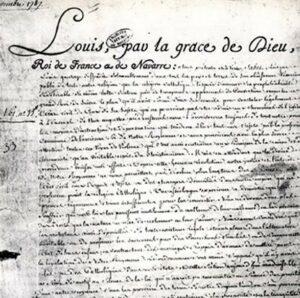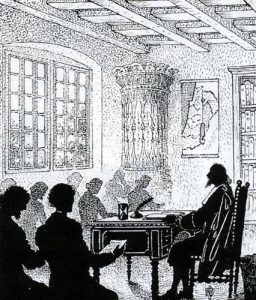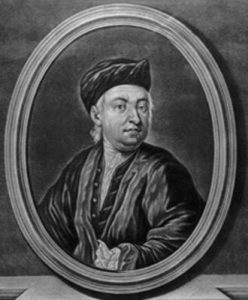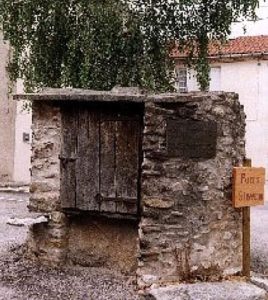After 1760 real tolerance took hold in France
The repressive laws remained, but they were less rigorously enforced.
However, things were still insecure and this was practically general.
The Calas affaire (1762) and the Sirven affaire (1764) proved that royal legislation always threatened. The Protestant position still often depended on the local authorities.
Protestants had to wait until the 1787 Edict of Toleration for legal recognition.
The Church slowly reorganised itself :
- The Reformed Church gradually rebuilt and restructured itself, thanks particularly to Antoine Court. After 1760 the number of pastors had increased and their position became more stable, in as much as it became more settled. It was Paul Rabat who – as head of the church in Nimes – continued the fight to improve the lot of Protestants.
- Relationships between the Church and civil authorities were re-established. Court de Gébelin, son of Antoine Court, was appointed by the secret national synod of 1763, to be Deputy General of the Churches of France, both for the Protestants and the civil authorities.






